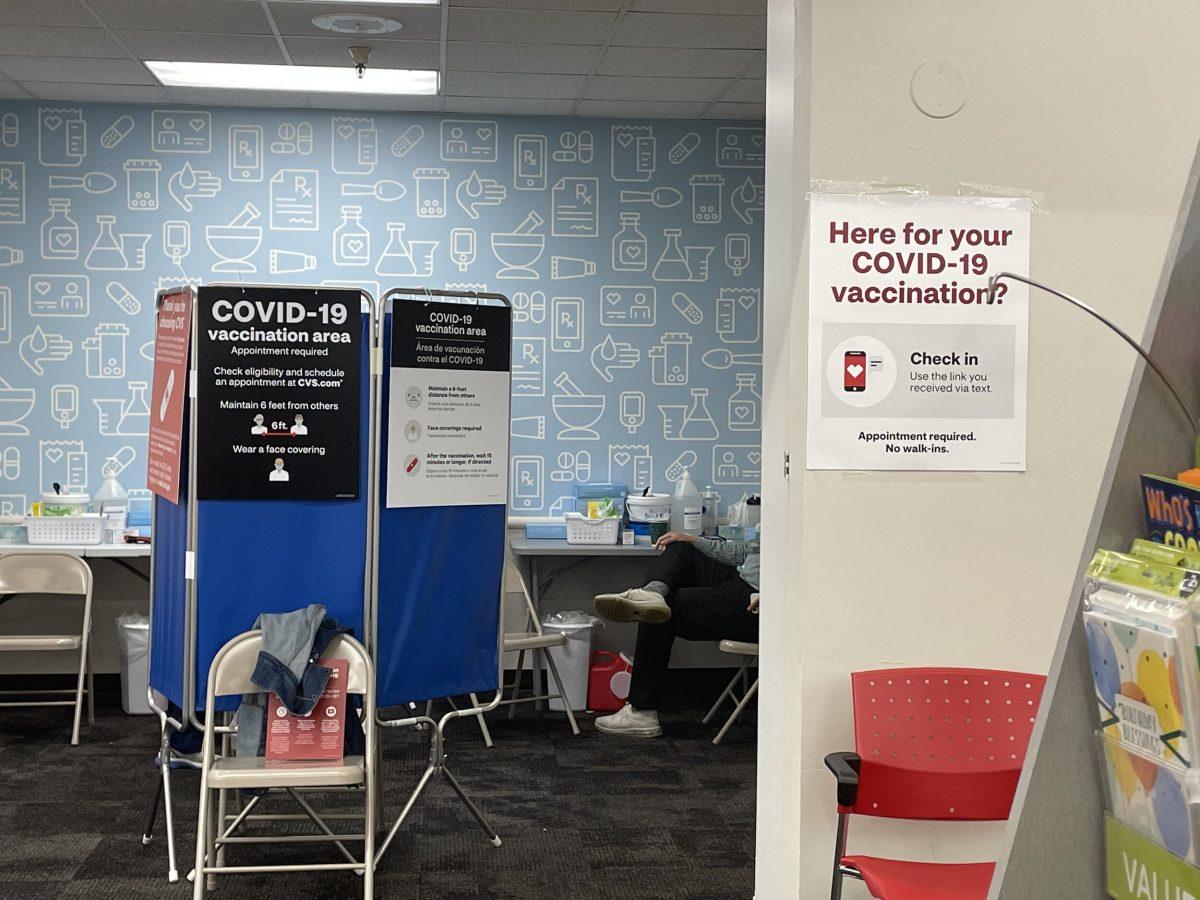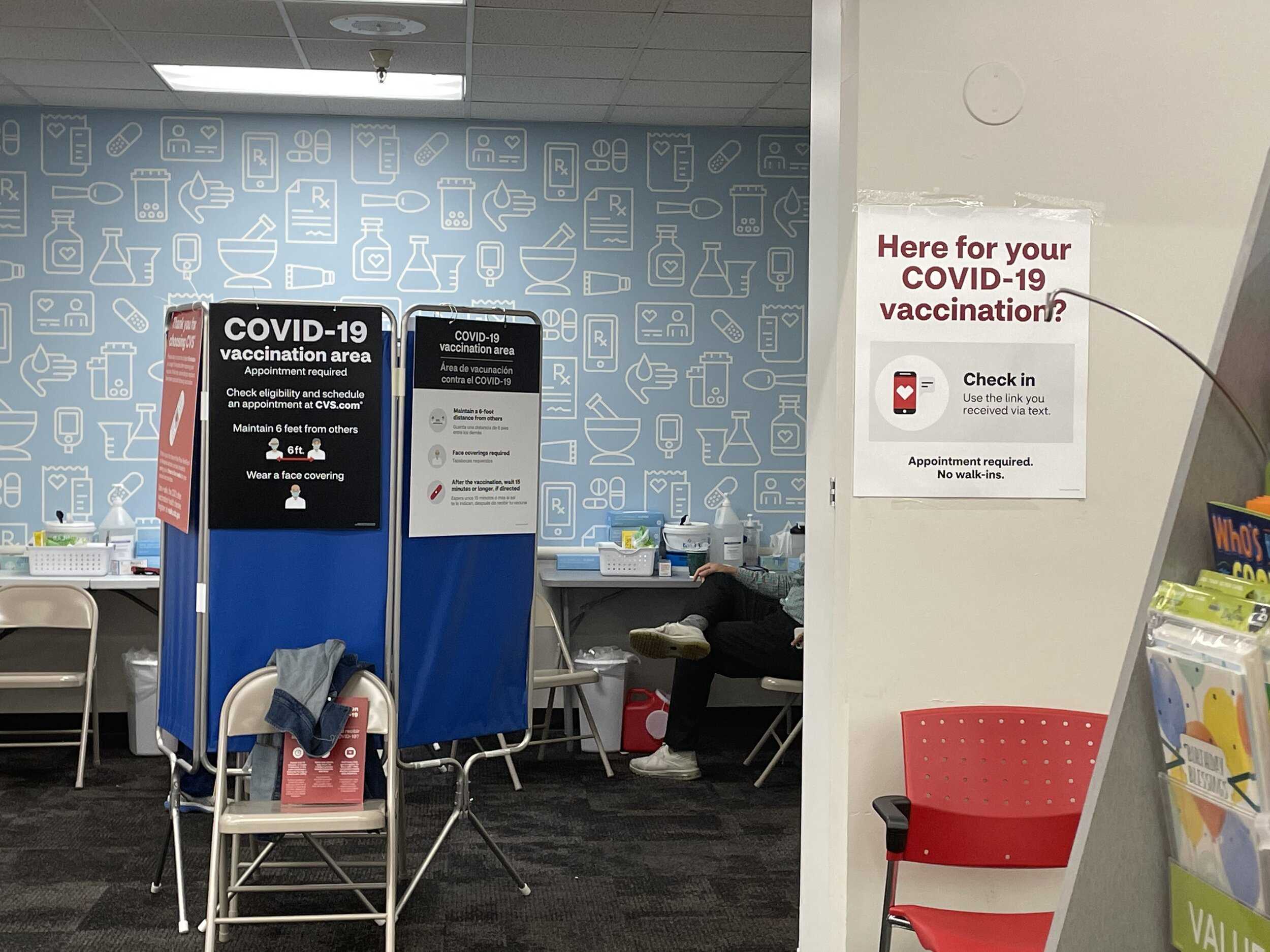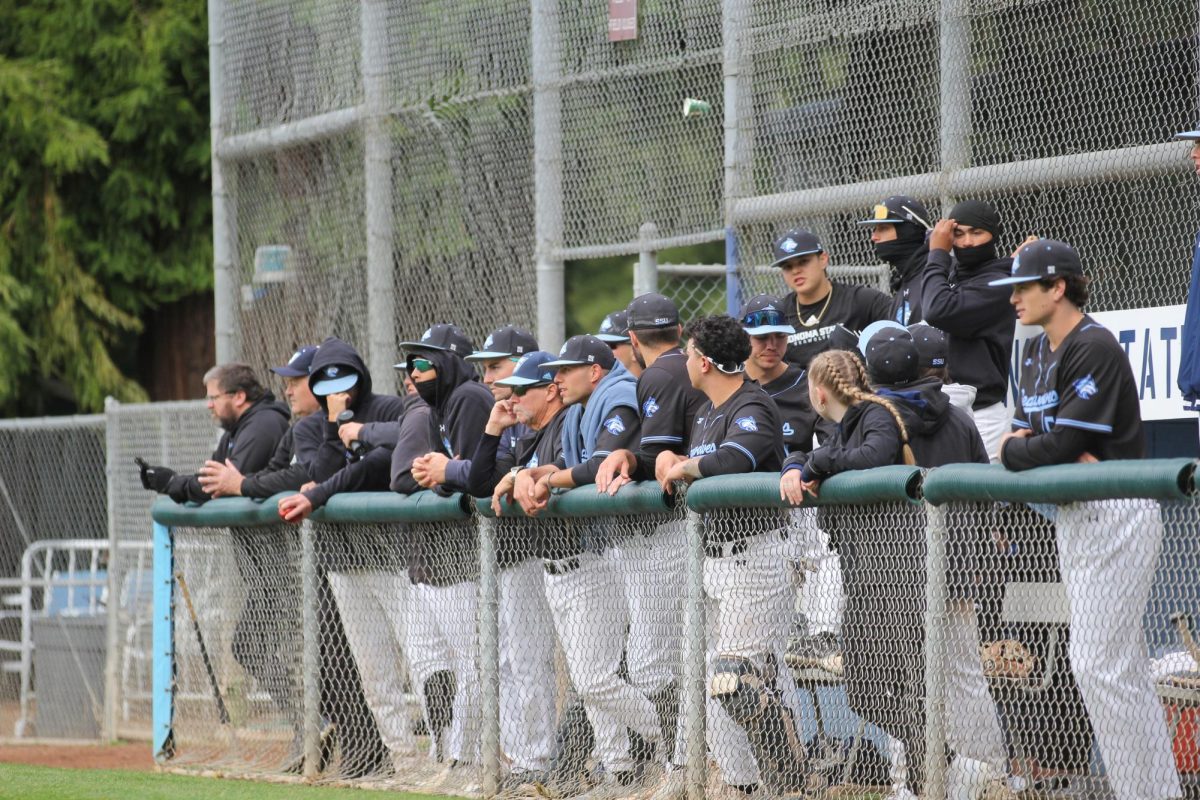Recent findings from a study conducted by the Public Health England (PHE) show that a single dose of a COVID-19 vaccine can reduce transmission of COVID-19 by up to 50%. This means that when COVID-19 enters a household, if the individuals in the household have been vaccinated against the virus once, they are up to 50% less likely to get infected than a household of unvaccinated people.
Getting vaccinated impacts transmission in that it is much harder for the virus to spread from a vaccinated person to another person. The vaccinated person’s body has the tools to fend the virus off, and when the virus cannot infect the person, the person is protecting those around them. Viruses cannot spread when they cannot survive.
While partially-vaccinated people are partially protected, new CDC data shows that fully-vaccinated people do not transmit COVID-19 nearly at all, except in extremely rare circumstances. These rare instances are known as vaccine breakthroughs, but the CDC thinks people should not worry.
“Vaccine breakthrough cases occur in only a small percentage of vaccinated persons. To date, no unexpected patterns have been identified in the case demographics or vaccine characteristics among people with reported vaccine breakthrough infections,” the CDC said.
The news that even partially-vaccinated people, who have not yet received the second dose of a two-dose vaccination, are much more protected from COVID-19 than previously thought, comes as a great relief to many. In the wake of nationwide vaccine shortages, those who have been unable to procure a second dose can rest understanding that even one dose of a vaccine can boost immunity.
“COVID-19 vaccines are highly effective at preventing people from getting COVID-19 and, if they do get infected, preventing serious illness. Vaccines are our most important tool in getting back to our normal activities,” said Tracey Eaton, interim director of the Student Health Center at Sonoma State.
According to data from the CDC, a person is only considered fully vaccinated two weeks after their second dose. As there are weeks between the administration of the first dose and the second, and it takes another two weeks after the second to reach its highest efficacy, there is a decent-sized window wherein a person getting vaccinated can still catch COVID-19.
This should not deter anyone from taking the vaccine, however. While it is still possible for COVID-19 infection to occur in partially-vaccinated individuals, the vaccine significantly reduces the severity of the symptoms.
“Vaccinated people can still be infected with the SARS-CoV-2 virus and suffer the symptoms of COVID-19, though this happens at a much reduced rate and severity, and vaccination eliminates the risk of death,” CDC Director Rochelle Walensky said.
If you become infected with the virus before or between vaccinations, you will still need to get vaccinated.
When asked what she wished more people knew about the COVID-19 vaccines, Eaton said, “You can still get vaccinated even if you have had COVID-19.”
The best way to protect yourself and those around you is still to get vaccinated. Because not everyone is eligible or able to get the vaccine, establishing an umbrella of those who are vaccinated can shield the vulnerable.
“Herd immunity means that enough people in a population have immunity to a virus (either through vaccination or past infection) that it is difficult for the disease to spread from person to person,” said Eaton, “We can all do our part in reaching herd immunity by getting vaccinated and encouraging others to get vaccinated.”
While the first dose of the vaccine can cut transmission rates in half, by getting the second dose, a person can ensure that they are almost completely halting transmission and keeping others safe.





![[Both photos courtesy of sonoma.edu]
Ming-Ting Mike Lee stepped in as the new SSU president following Sakakis resignation in July 2022](https://sonomastatestar.com/wp-content/uploads/2024/04/CC4520AB-22A7-41B2-9F6F-2A2D5F76A28C-1200x1200.jpeg)



























